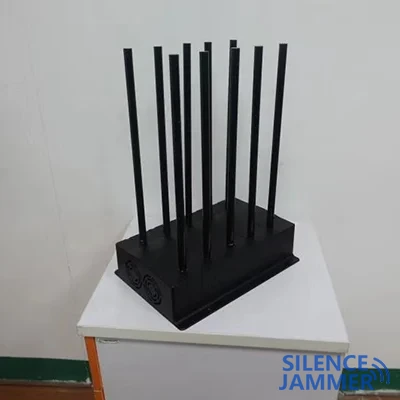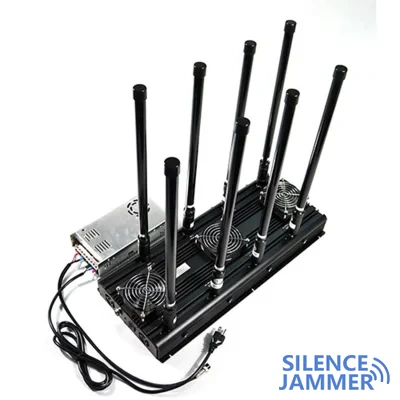In modern prison management, the use of illegal mobile phones has become a serious security challenge. In response to this problem, some state prisons in the United States have adopted new technologies to reduce the call quality of illegal mobile phones. This move not only helps maintain public safety, but also effectively manages the prisoner population.
In South Carolina, the prison administration has implemented a pilot program that uses advanced technology to identify and shut down illegal mobile phones. Since the program began last year, more than 800 contraband mobile phones have been shut down at Lee Correctional Institution alone, a figure that shows the effectiveness of this technology in blocking illegal communications.
Under this program, prison officials identify the unique identification number of each illegal mobile phone and submit this information to the operator so that it can be disabled. This method does not involve interference with communication networks, but focuses on tracking and disabling illegal devices, thereby effectively preventing prisoners from using mobile phones for illegal activities such as drug trafficking, organized crime, and unauthorized communications.
Prison administrators believe that the use of this technology not only helps protect public safety, but also improves order and management efficiency inside prisons. For example, blocking the use of illegal mobile phones reduces the number of unmonitored communications between prisoners and the outside world, thereby reducing the possibility of criminal activities, such as illegal transactions and planned crimes conducted by collusion between insiders and outsiders.
Brian Sterling, one of the prison management officials in South Carolina, emphasized the importance of this technology in ensuring public safety. He pointed out that the presence of illegal mobile phones is a major threat to security inside and outside prisons, especially in the context of today's popular drug crisis. Effectively blocking these communications can significantly reduce the potential risk of crime.

Although these technical measures are essential for managing prisoners and maintaining public order, they must be carried out within a legal framework. Federal law prohibits widespread interference with communication networks, which means that the feasibility of using technologies such as cell phone jammers is limited. Therefore, state governments and prison management departments take a more limited and precise approach, focusing on tracking and shutting down illegal mobile phones individually.
In summary, the use of new technologies in American prisons to reduce the quality of illegal mobile phone calls is a necessary measure to maintain public safety and effectively manage prisoners. The implementation of these technologies not only helps prevent the expansion of criminal activities, but also provides prison management with a modern tool to cope with increasingly complex and prevalent security challenges.




